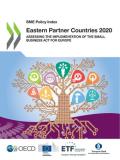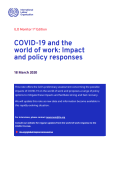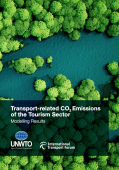


COVID-19 will have far-reaching impacts on labour market outcomes. Beyond the urgent concerns about the health of workers and their families, the virus and the subsequent economic shocks will impact the world of work across three key dimensions: 1) The quantity of jobs (both unemployment and underemployment); 2) The quality of work (e.g. wages and access to social protection); and 3) Effects on specific groups who are more vulnerable to adverse labour market outcomes.
In times of crisis, International Labour Standards provide a strong foundation for key policy responses that focus on the crucial role of decent work in achieving a sustained and equitable recovery. These standards, adopted by representatives of governments, workers’ and employers’ organizations, provide a human-centred approach to growth and development, including by triggering policy levers that both stimulate demand and protect workers and enterprises.
In this policy note, the ILO provides a policy framework for addressing COVID19 with three pillars:
Protecting workers in the workplace

